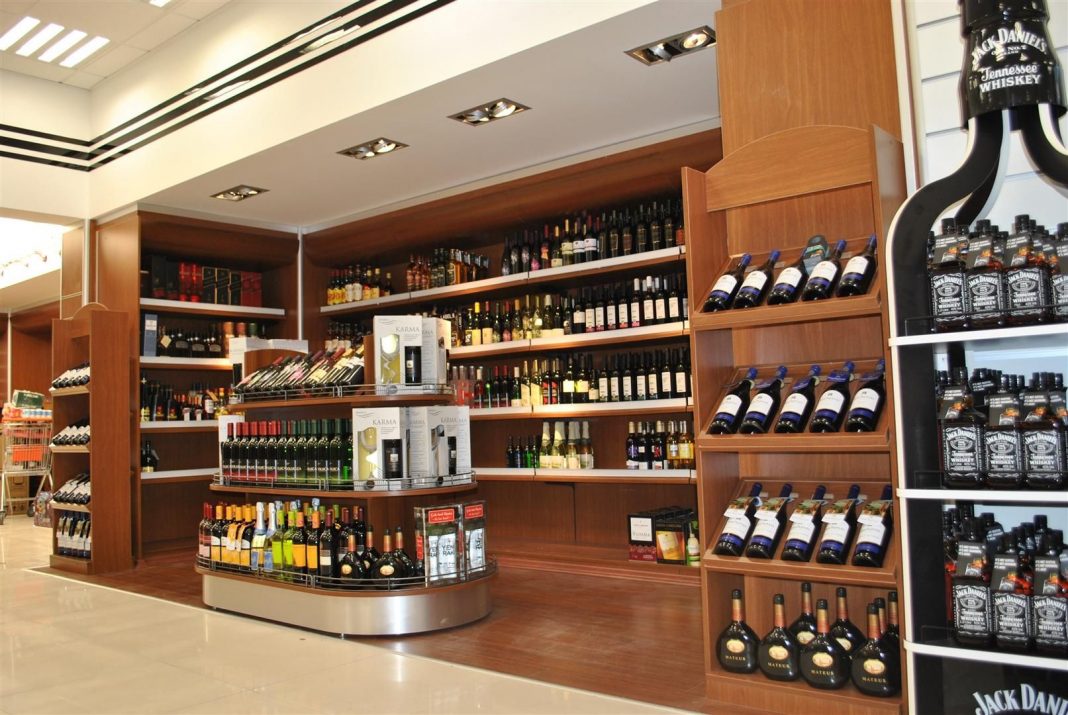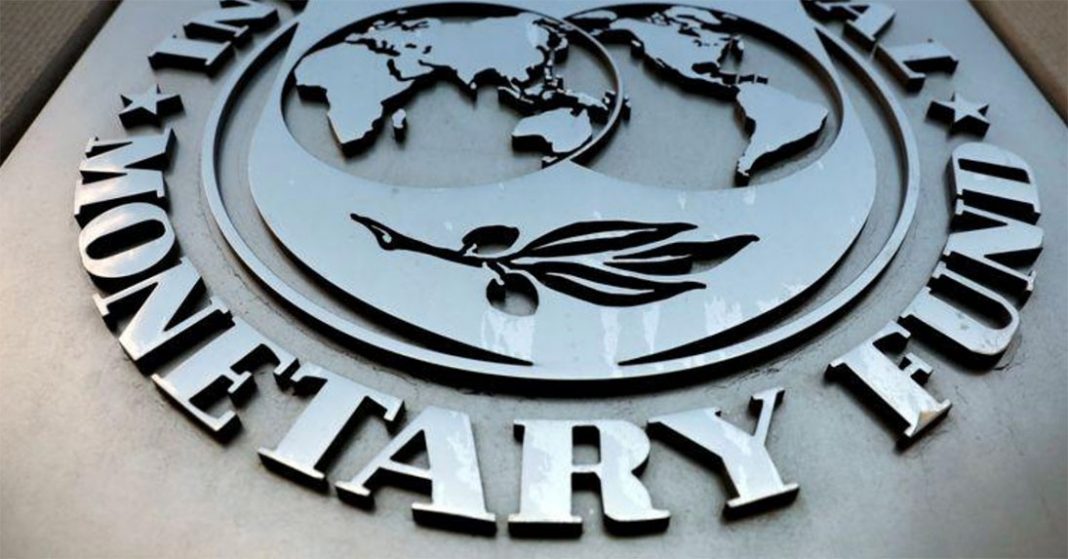By Majirata Latela
There is renewed hope that the imminent opening up of diamond mining to (licensed) smallholder miners will enable Lesotho to finally realise socio- economic growth from the country’s mineral resources.
Lesotho has for many years been struggling to stamp out illicit diamond trading, and the formulation and adoption of the new mining policy in 2015 brought hope that the country would be free from both corruption and illicit trading.
Many people who live along Senqu River and other areas which have been identified to possess diamond deposits have not benefited from this naturally endowed wealth in their own backyard. Those who were lucky enough to stumble upon these rocks have had to surrender them to the police for ‘confiscation’ by the ministry of mining.
Communities around the four diamond mines in the country have consistently complained that those minerals are not helping to get them out of poverty. They believe those minerals only benefit a certain portion of those who are in decision making positions.
“Our district (Mokhotlong) is blessed with many minerals but they do not benefit our district; mining companies fail to even to hire our communities or even help us develop our district. We are still a country that is hit hard by poverty and high unemployment rate.
“We would like the government to help us make sure that our people benefit from the minerals. This is why we believe that artisanal and small scale mining will at least give people the chance to mine the diamonds themselves, sell them and make a living out from the proceeds,” said Mokhotlong District Administrator Serame Linake.
The December 2018 arrest of then mining minister Keketso Sello’s private secretary, Refiloe Mokone, while in possession of illegal diamonds in South Africa rekindled lingering concerns that the country is not adequately benefiting from its natural resources in part due to rampant smuggling in the extractions industry.
People have shown concern over diamond smuggling and other high ranking officials have shown concerns that diamond smuggling continues because the government is mute and the law is very lenient to those who are found guilty.
With 405 diamondiferous kimberlite identified by the ministry of Mining, the ministry is this year working on issuing licences to artisanal and small scale miners, an act that will allow Basotho to mine diamonds in those areas and make sure that Lesotho utilises all the areas that are said to have mineral resources.
Speaking to theReporter this week, commissioner of mines Pheello Tjatja waxed lyrical about the 2015 Mining Policy but indicated that lack of clarity on the position of government on the artisanal and small scale mining is one of the challenges that hinder the realisation of the country’s socio- economic growth from its mineral resources.
“We have the highest density of kimberlite per square metre in the world. It is therefore very abnormal that country has such a high density – 405 kimberlite bodies – yet we have only four operational bodies (diamond mines). That does not make sense at all.
“With this policy we are also going to help those small scale farmers to graduate at some point and become big players in the mining industry so that they end up owning mines in the country. The ministry will go all out to educate those miners,” said Tjatja.
He added that, apart from offering them education on how to mine, clean and cut the diamonds, they will also make sure that there is security and easy access to those places to avoid unnecessary killings and formation of crime syndicates and gangs.
He said since those small scale miners do not have equipment to excavate the diamonds, the ministry is planning to ease artisanal miners’ access to that kind of equipment, and will also offer them environmental education.
“Before offering those small scale mining licences, the ministry will do an exemption, whereby there will be a law that will allow people who are already in possession of diamonds to auction them so that we clean the system and start on a clean slate,” Tjatja said, adding that they believe by January 2021 the first batch of small scale miners will commence work and they will be given licences to operate in one area for a period of a year.
“Our licences will be very affordable to every Mosotho and will expire at the end of every calendar year (December 31), we know that those people do not have money to pay for expensive licences, so we are actually trying to make sure that they will be affordable,” the commissioner of mines said.
For his part current minister of mining, Serialong Qoo, indicated that the operationalisation of small scale mining has been slow as he had expected that they would be done by now and people would have started mining.
“We are currently working with the security agencies as they have a role to play in making sure those places are safe to work in. At the same time, we also have to look into safety measures so that those people will be safe from Covid-19.
“When we eventually start issuing those licences we will start with communities that live around the diamond deposits so that they will be able to take responsibility and make sure that the place benefits them.”
Qoo also revealed that the ministry has formed a committee of people small scale miners who are elected at district level, who will be making sure that the policy does address their concerns.
The next step, which is also underway, is formation of mining guidelines which will be in line with the 2005 Mining and Minerals act.
In another development, Linake said he is optimistic that the artisanal and small scale mining will deter people who have been taking advantage of the minerals of this country. He said only it is only when people and politicians work hard on the policy, that many Basotho will benefit and poverty will be a thing of the past.
Despite Lesotho producing some of the best diamonds in the world, Prime Minister (then finance minister) Moeketsi Majoro has previously decried the fact that the government was not getting much in both dividends and royalties.









